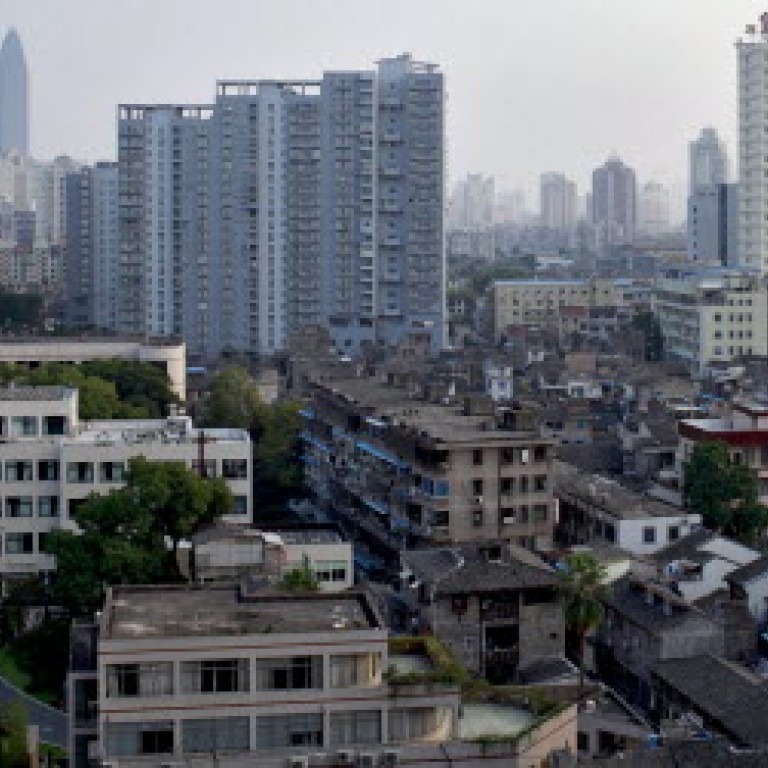
More of region's rich looking to put money elsewhere
Facing rising costs and shrinking orders, many worry boom may be over for eastern provinces
Eastern China has long been renowned for its entrepreneurs, but many of them today are becoming more reluctant to do business in the world's second-largest economy.
Lacking the clout of gargantuan state-owned enterprises or the support of governments, bosses in the private sector are increasingly keeping their distance from local markets. Many are emigrating.
In the Yangtze River Delta, many successful businesspeople are leaving the day-to-day control of their factories to concentrate on the bigger picture - whether to diversify or dump assets to cash out.
Decreasing exports, rising labour costs, limited access to credit and tighter taxation policies are denting companies' profit margins, stoking fears of a more gloomy economy.
In Wenzhou, Zhejiang province, long touted as the mainland's entrepreneurial capital, there is anecdotal evidence that thousands of companies have closed shop since the collapse of an illegal underground banking system.
According to the survey on China's richest people, the percentage of the mainland's high-net-worth individuals who have moved abroad or are planning to do so rose to 64 per cent from 60 per cent last year.
The report, a survey of nearly 400 individuals with a net worth of at least 10 million yuan (HK$12.6 million), also found that the nation's richest were spending less on consumer goods and more on their health.
About half of the respondents were based in eastern provinces. Many got their start early in the country's opening-up in the late 1970s, manufacturing anything from footwear to electrical appliances. They saw their wealth rise in tandem with breakneck economic growth as overseas demand for inexpensive Chinese-made products soared.
However, the global financial crisis of 2008 sparked the decline of foreign orders. Since then, the strengthening yuan and higher labour costs have continued to wallop their businesses.
The collapse of the underground banking system - in which loan shark lenders raised funds illegally from cash-rich people and businesses - had a huge psychological impact on entrepreneurs.
In Wenzhou alone, rumours abound of dozens of people including private lenders and borrowers committing suicide since a nationwide credit crisis erupted in 2012.
Engulfed by fears that the bubble has already burst, business operators are looking for ways to preserve their gains of the past decades.
One alternative to manufacturing has been property speculation as home prices continue to rise despite a series of cooling measures instigated by Beijing to rein in the housing market.
The said property remained the top investment choice of the wealthy, who increased their property holdings by an average of 7 per cent during the year.
The wealthy also appeared to be busier than ever as they struggled to keep their business afloat. The report showed that the high-net-worth individuals spent 7.5 days a month on business trips.
Excluding national festivals, the high-flyers took an average 7.5 days of vacation last year. They paid a high price in terms of their health and slept less than ordinary people.
Last year's said the rich slept an average of 6.6 hours a night during the week, compared to the 8.4 hours enjoyed by other mainlanders.
Over the past year, while the wealthy have been unable to cut back their business travel, they are compensating by choosing healthier lifestyles.
Though they couldn't avoid business trips, an increasing number have placed emphasis on healthier lifestyles.
The proportion of non-smokers rose to 61 per cent from 53 per cent last year and 40 per cent of respondents didn't drink last year, up from 28 per cent a year earlier.

